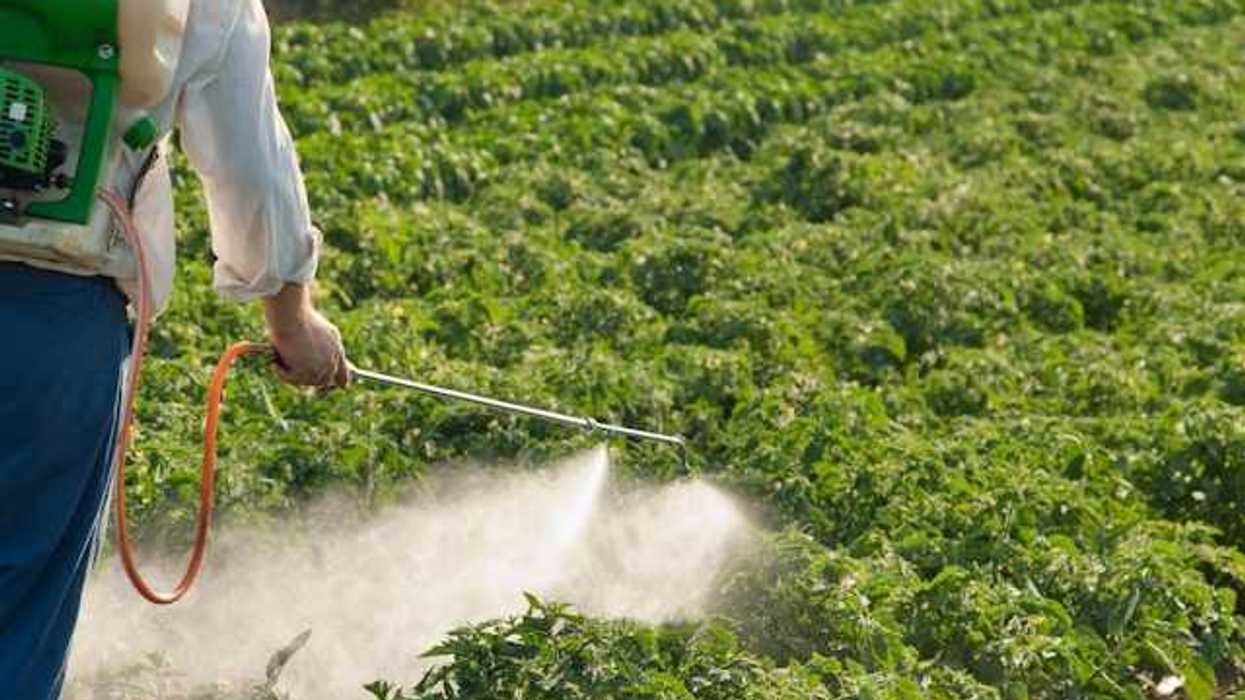A two-year survey by the Centers for Disease Control and Prevention (CDC) shows ultra-processed items such as burgers, sodas, and snack cakes supply 55% of the nation’s daily calories.
Rachel Roubein reports for The Washington Post.
In short
- CDC researchers analyzed dietary recalls from August 2021 to August 2023 and found adults get 53% of calories and children 62% from ultra-processed products.
- Intake dipped about three percentage points for both groups compared with 2017-18, yet sandwiches, baked sweets, salty snacks, and sugary drinks remain the leading sources.
- U.S. Health and Human Services Secretary Robert F. Kennedy Jr. says the foods fuel chronic disease and is crafting new definitions and dietary guidelines to curb their influence.
Why this matters:
Ultra-processed fare barely resembles the corn, wheat, or soy it starts with. Factories strip away fiber and micronutrients, then rebuild flavor with sugar, salt, fat, and additives engineered for long shelf life and instant pleasure. Research links heavy intake to obesity, type 2 diabetes, heart disease, and certain cancers, illnesses that now account for most U.S. medical spending and shorten average life expectancy. Children face particular risk because their taste preferences and metabolic pathways are still forming; early exposure can lock in cravings that crowd out fresh produce for decades. Tracking the trend helps policymakers weigh labeling rules, marketing limits and subsidies that shape what ends up on dinner plates.
Learn more: Op-Ed: The outsized role processed food plays in our health and environment
















